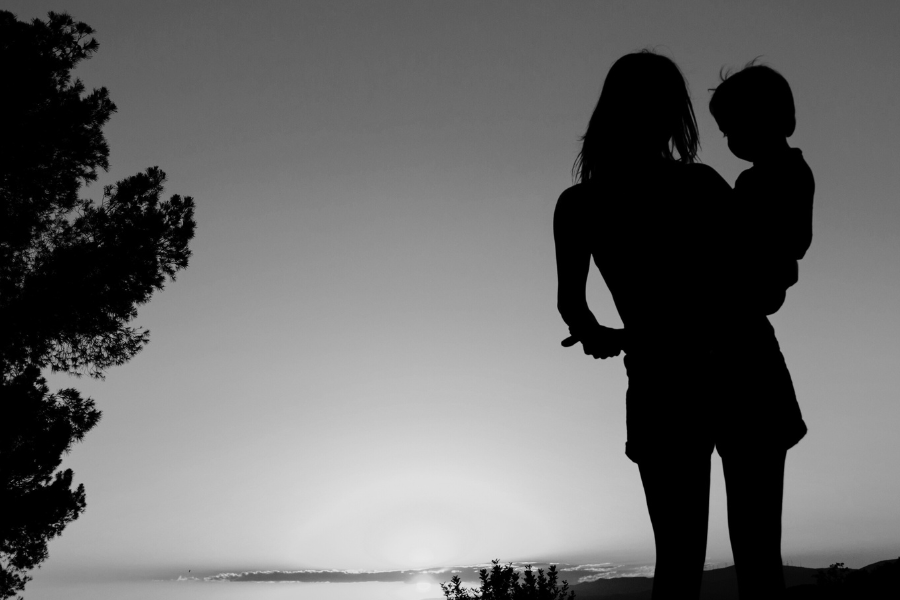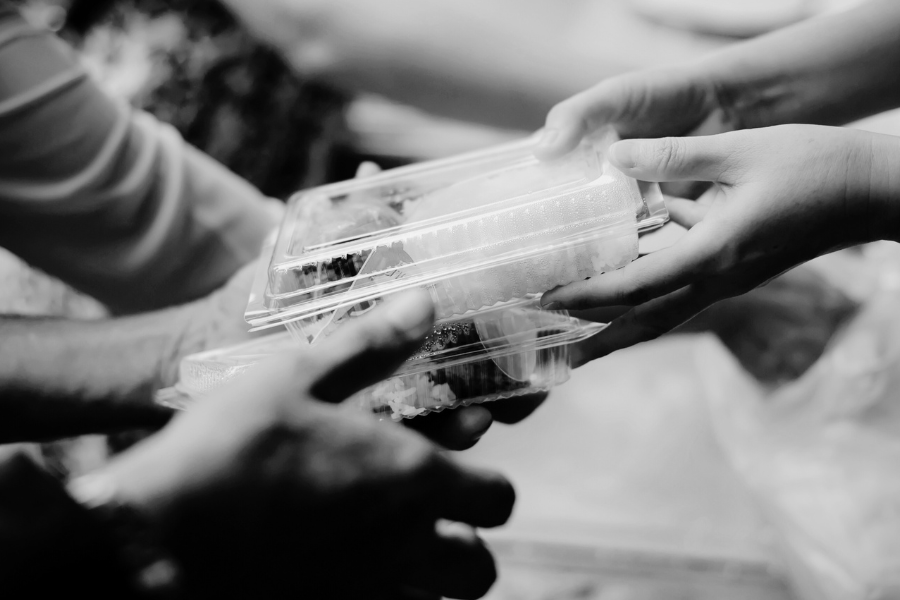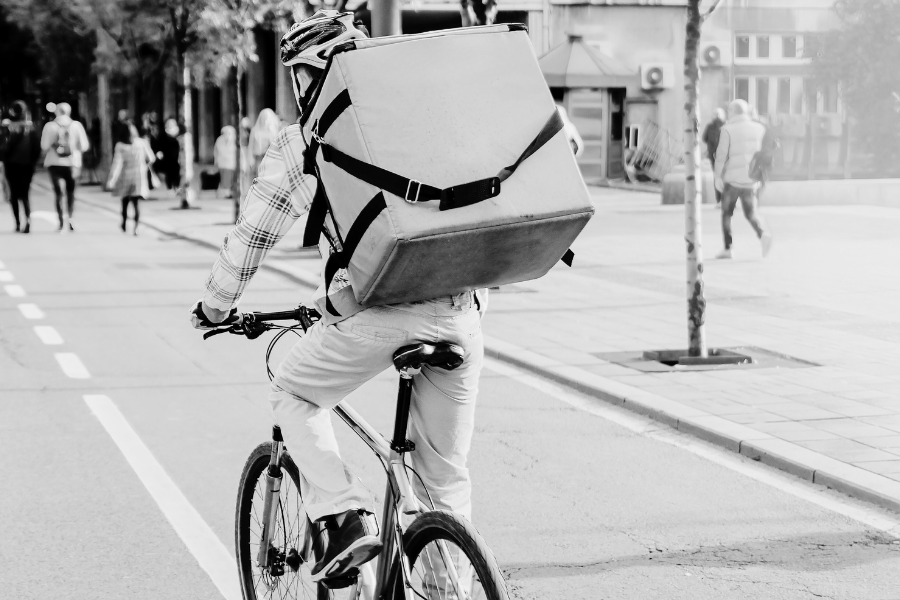Camille’s Story | Gaining British citizenship was a painful process
Camille moved to the UK in 2015. She is a French & British citizen working as a journalist and comms specialist in Wiltshire. She shares her experience going through the naturalisation process.

I didn’t think about belonging to the UK before moving here in 2015. I had found an internship in an international communications agency in London, my long-term boyfriend had just joined the British Armed Forces and I knew I liked my breakfast tea with milk.
Having studied in Strasbourg prior to my move, I probably even felt more European than French. England was clearly European, my workplace and friends were a mix of all nationalities. I didn’t see why it would change.
An internal Tory scramble later, David Cameron announced a referendum in which I couldn’t vote despite being directly impacted by the results. Divisions appeared in daylight, as people who seemed to benefit from the EU were now rejecting it altogether.
On May 5, I voted in the London Mayor election. On June 23, my rights, including that of voting in local elections, were being contested.
The results of the referendum-that-couldn’t-be-lost raised questions but no one had any answers: Surely, we wouldn’t be fired from our UK jobs…right? They couldn’t close our bank accounts or stop us from applying for a credit card…or could they? We wouldn’t be deported or stopped at the border, surely?
Panic and fear set in. I started to question whether I belonged.
The unfolding of Brexit didn’t give me much hope. Beyond the political shambles, behaviours and language changed further. Cracks in relationships started to appear too. I couldn’t keep cool when Brexit was brought up - and it always was.
The process of naturalisation was a painful one too, it made me feel more foreign than ever in the UK. Naturalisation as done in the UK isn’t a celebration of belonging. Between the prohibitive upfront fee of £1,330 and additional hidden costs related to the application, such as test preparation books, a lawyer to get your application full-proof or fees to get an appointment sorted closer to home, no wonder it is a difficult decision to make.
The form and evidence list surprised everyone around me: Did I remember the exact date I first moved to the UK for my exchange year at university in 2012, which mode of transport I used and what ID I used? Could I get the wet signature of my flatmate from three years ago who had moved to the US to confirm she agreed I used our joint bills as proof of residence? Could I prove I had been “actively” searching for work when I found myself unemployed for a few months?
The most shocking part though was being lined up against a white wall in Croydon while a private contractor for the Home Office checked my passport before my fingerprints were taken and evidence submitted. I felt like a criminal.
The only time I felt I could make my own decisions throughout the whole system for the citizenship ceremony. Having lived in West London for a few years, I felt this was more of my home than any other borough or town in the UK, so I chose to arrange for a private ceremony at a date that worked for me at the Chelsea Town Hall. I’d seen so many people get married and admired the building while walking past, that I knew I wanted my first day as a British citizen to start there. And what was more British than the neighbourhood where Mick Jagger, Vivienne Westwood or Oscar Wilde lived, right?
After a complicated start, the online system had lost my appointment, I finally raised my hand to swear allegiance to the Queen, and started singing on a God Save the Queen track blowing from a Bluetooth speaker connected to Spotify. Quite a surreal experience if you ask me.

I quickly felt quite emotional, relieved mostly, when I became British. I was not proud or grateful like many expected me to be. The process took something away from me, and instead of feeling joy I just cried of relief.
But with powers to remove British citizenship being incrementally broadened in the last few years, what will dangerous or exceptional circumstances mean in the future? Why should the fact someone can claim another citizenship make them a second-class citizen? When will we, immigrants and our descendants, ever be British enough?
Decisions relating to our rights are often taken without our input, and narratives about immigration are far from nuanced. Despite working in the media, I still find it difficult to claim the EU narrative, to bring it to others in all its layers, complexity and diversity. I hope this programme will support me to do just that.
I have faith our stories will help people understand we’re not just numbers but people they can empathise with. So let’s see how much change we can bring about together!



